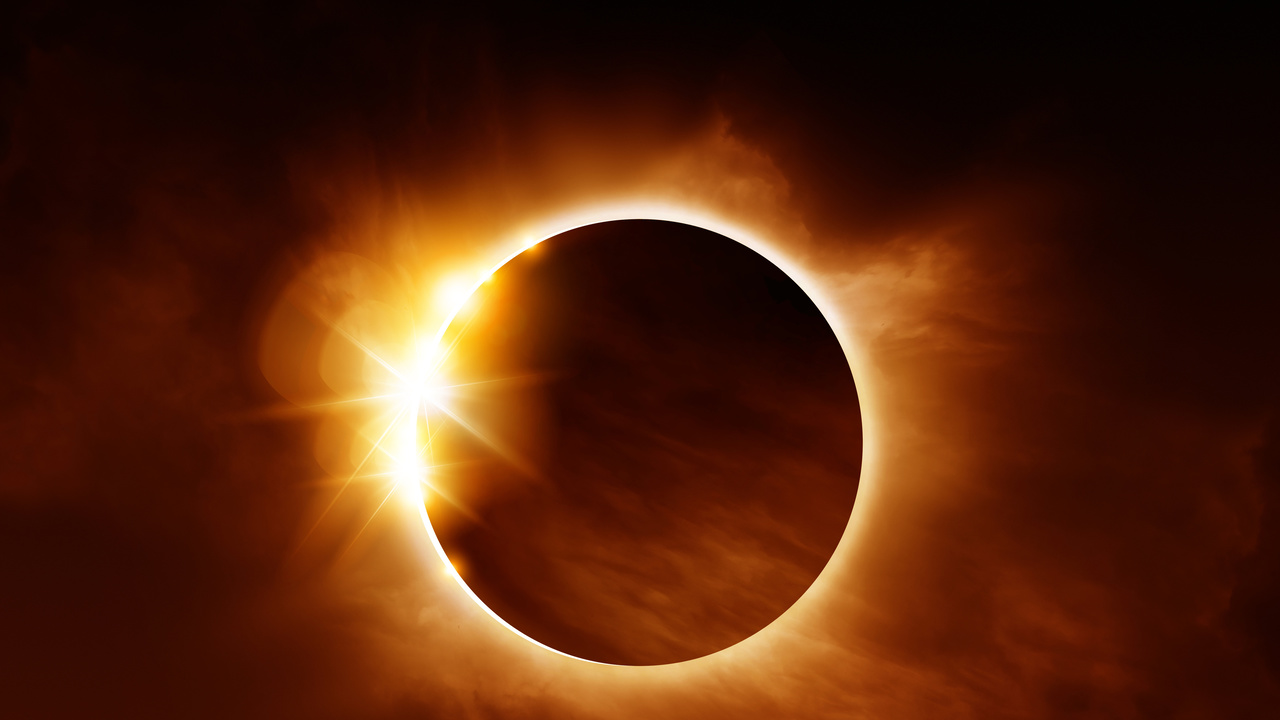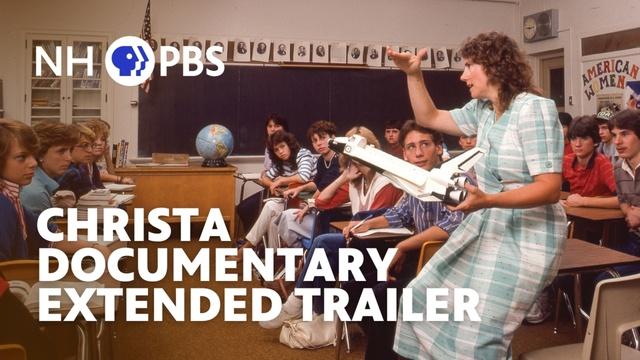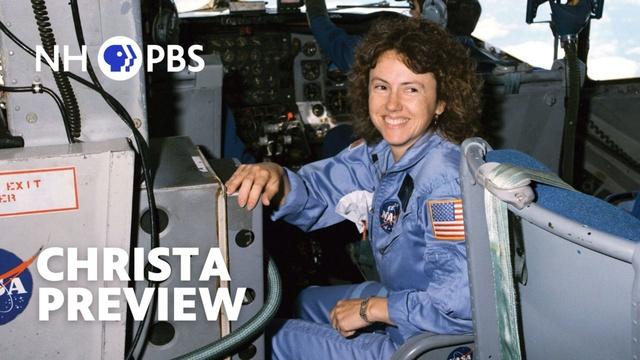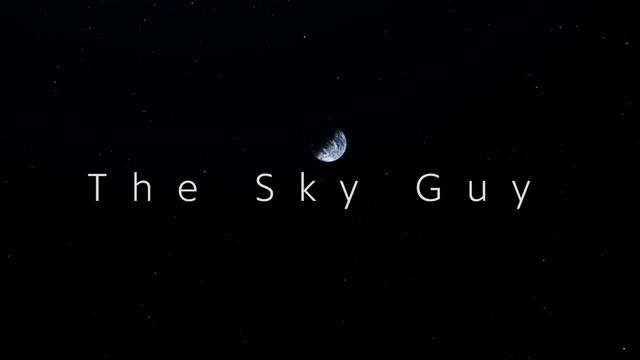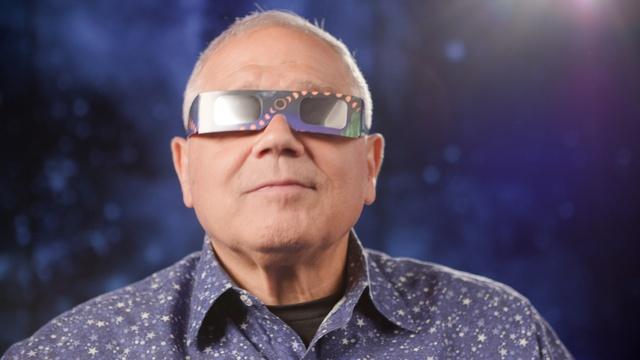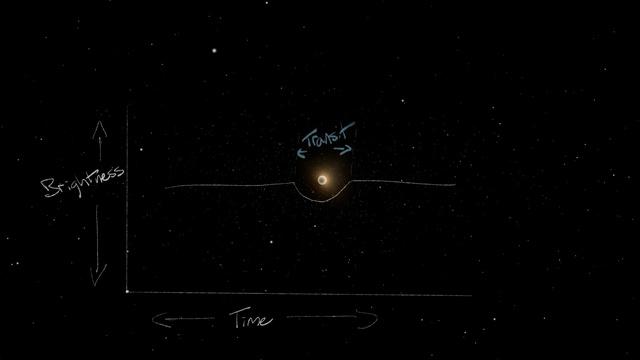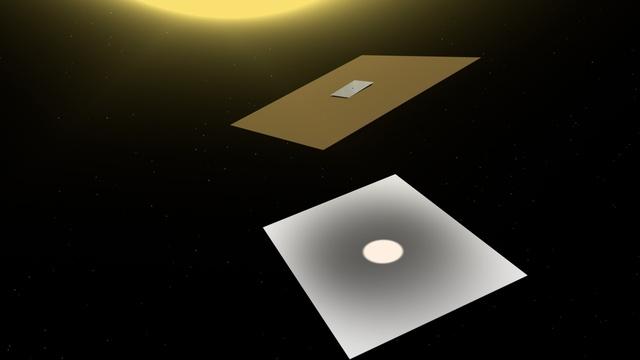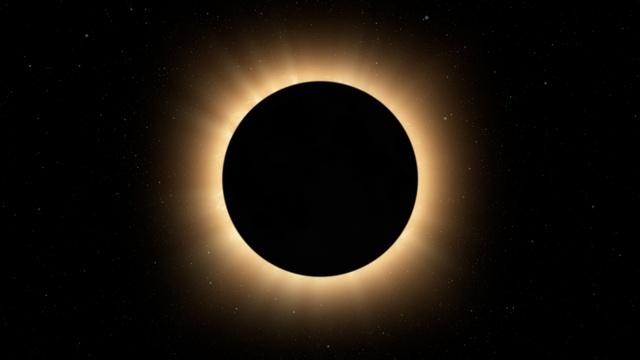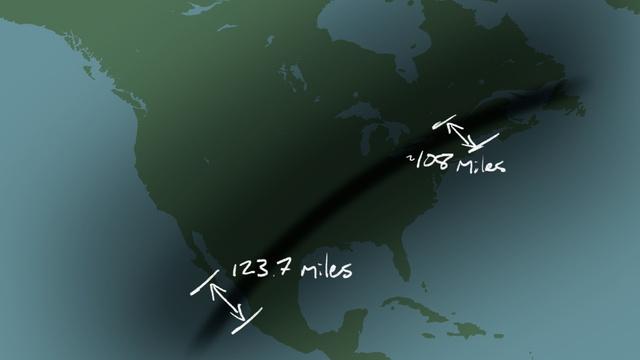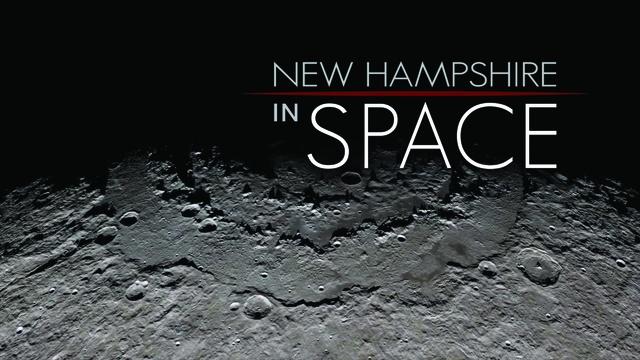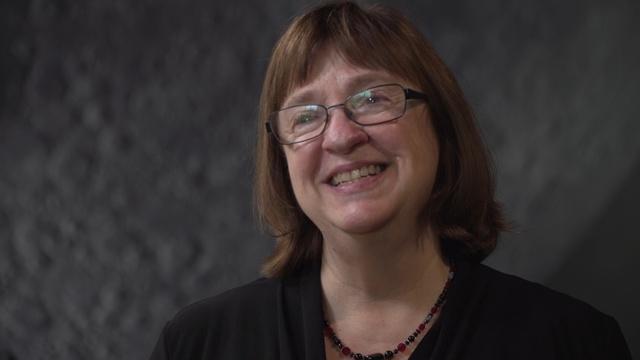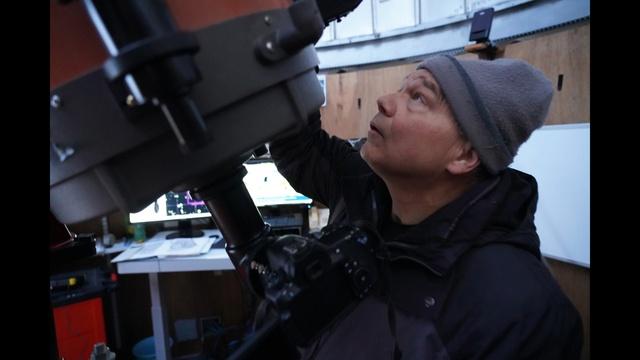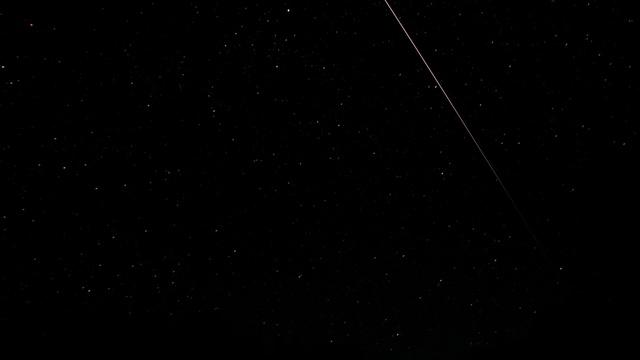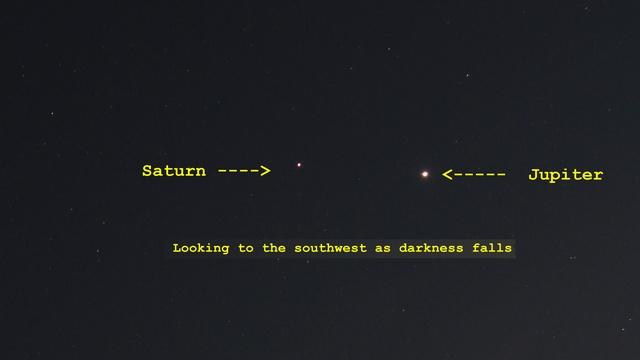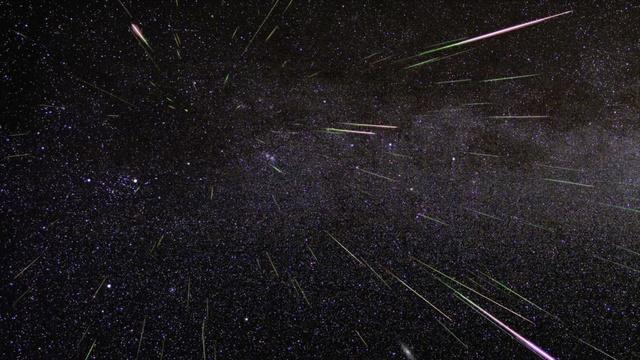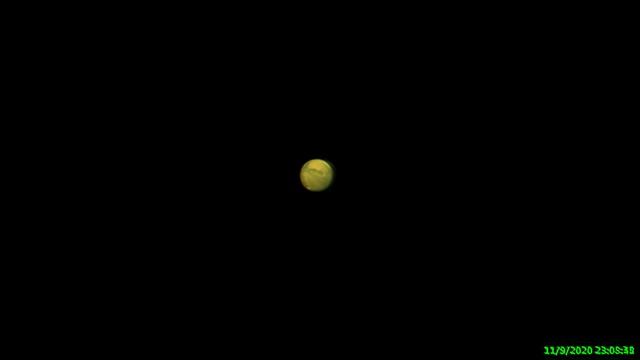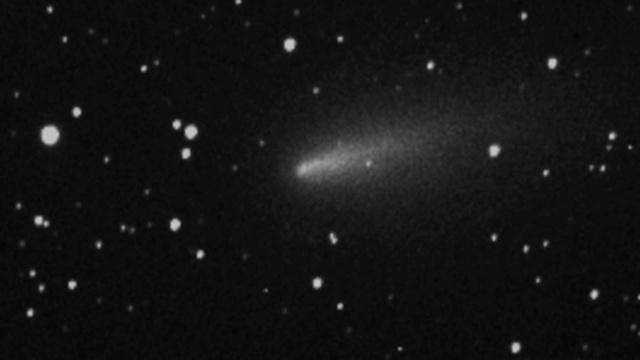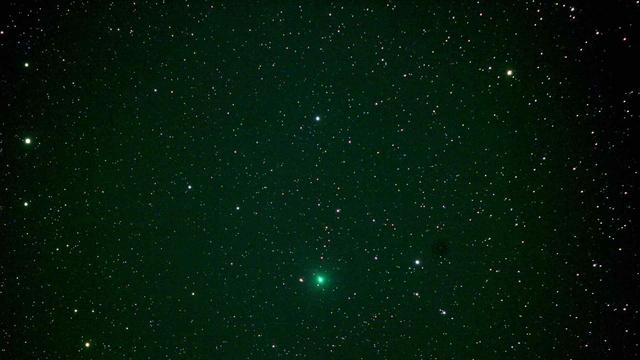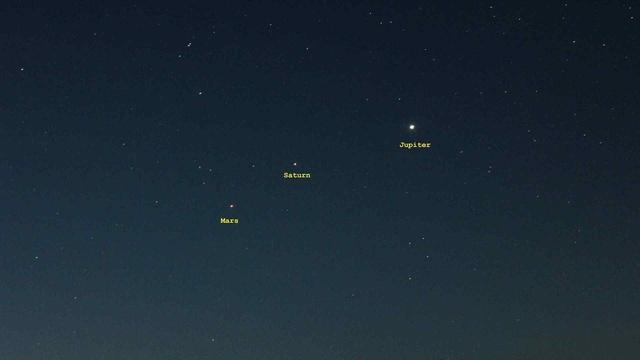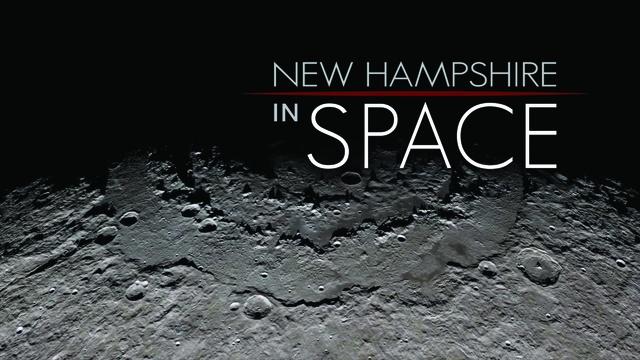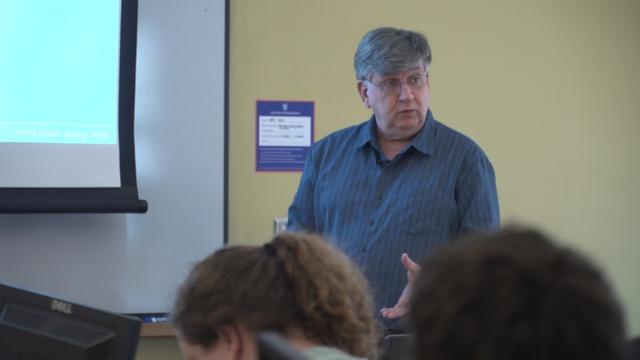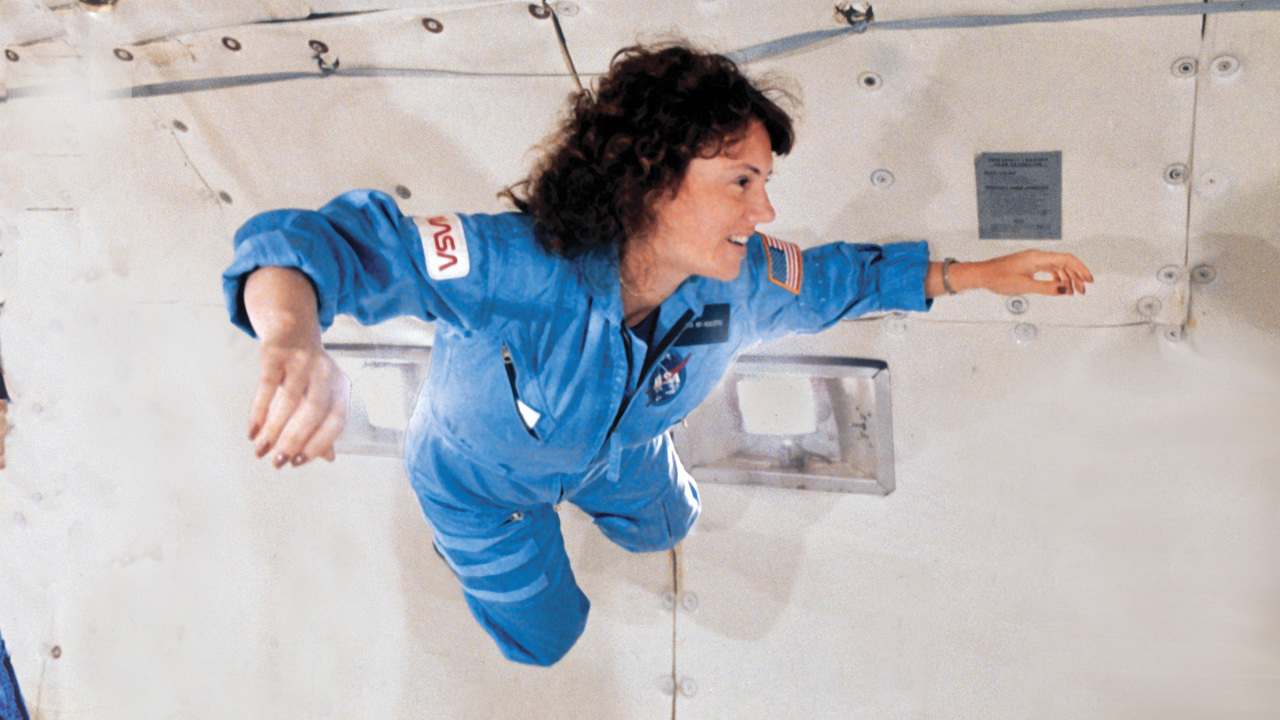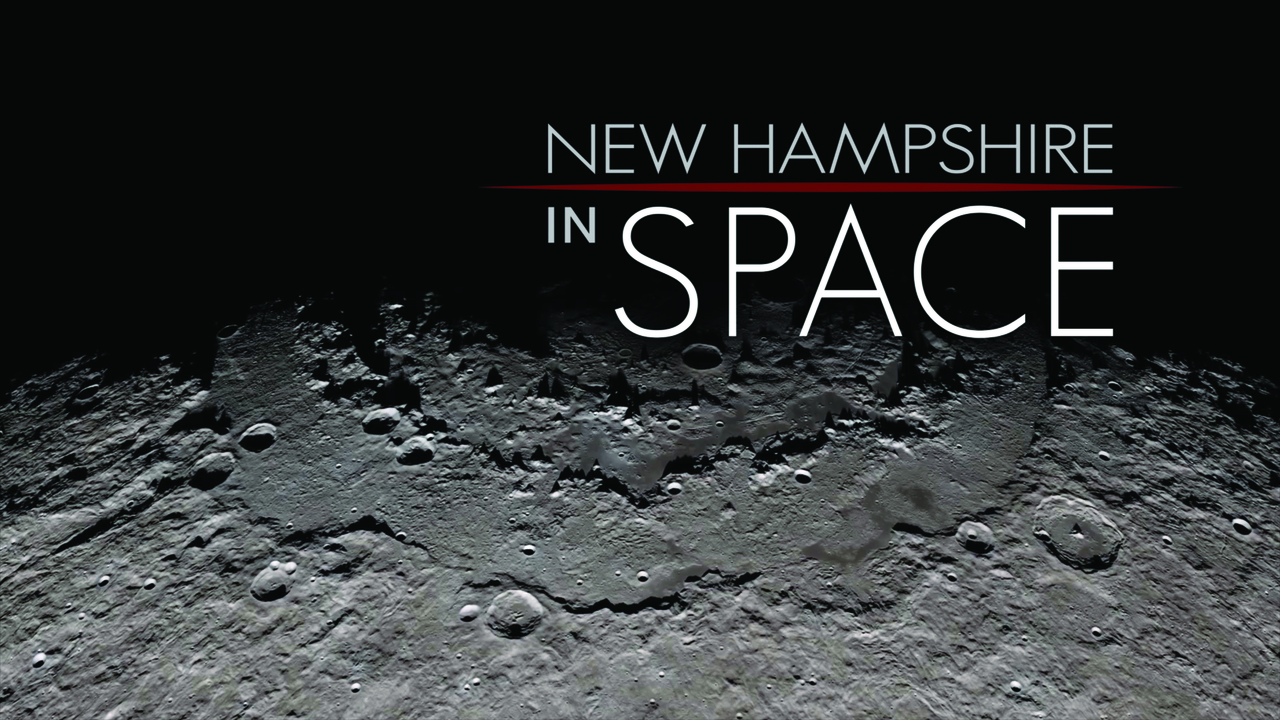Eclipse Resources for Parents and Educators
Get ready for the eclipse on April 8 with this collection.
On April 8 parts of New Hampshire will be in the path of a total eclipse of the sun and NHPBS will be live-streaming the event from Lancaster!
- NHPBS Eclipse Live Stream - NHPBS will be hosting a livestream of the total eclipse of the sun on April 8th from noon – 4 PM (totality happening at 3:29 PM) live from Lancaster, NH. Join NHPBS and witness this celestial spectacle from one of the prime viewing locations in the Granite State.
- Vermont Public Eclipse Live Stream - Northern Vermont will be in the final path of totality for a total solar eclipse on Monday, April 8, 2024.
- Maine Public Live Stream - Livestream of the 2024 Solar Eclipse from Maine.
NHPBS Classroom Resources
Here are some NHPBS resources to prepare you and your students for the event!
- NOVA - Great American Eclipse - Airs April 3 at 8-9 pm on NHPBS - Website (includes video clips)
Explore the spectacular cosmic phenomenon of a total solar eclipse. In April 2024, the Moon's shadow is sweeping from Texas to Maine, as the U.S. witnesses its last total eclipse until 2044, and scientists scramble to unlock the secrets of our Sun. Watch NOVA - Ready Jet Go! - Total Eclipse of the Sun - This song explains what happens during a total eclipse. Grades Pre K - 2 (2:22)
- Nature Cat - The Eclipse Houston and the gang all learn what a total eclipse of the sun is. Grades Pre K - 2 (2:07)
- Plum Landing - What is a Solar Eclipse - Students can draw what they think a total eclipse would look like. Grades Pre K - 2
- PBS LearningMedia Earth Science Collection - Lunar and Solar Eclipses - Grades K-12
- Solar Eclipses - NASA Planetary Sciences - Grades 3-8 (1:52 English/Spanish)
- Total Solar Eclipse Animation - NOVA - Grades 3-12 (1:14 English/Spanish)
- Total Solar Eclipse 2024 New Quiz - Grades 3-12 (6:59)
- Solar Eclipse - Alabama STEM Explorers at the Christenberry Planetarium - Grades 3-8 (26:29)
- Predicting Eclipses - NOVA - Grades 6-8 (3:15)
- Solar Eclipses Explained - Grades 6-8 (6:50 English/Spanish)
- What's the Difference Between a Solar Eclipse and a Lunar Eclipse? - Physics Girl Grades 6-12 (4:29)
- Why the 2024 Solar Eclipse is Such a Big Deal - Be Smart - Grades 6-12 (15:17)
- Eclipse Chasers - Night Sky Observation - Grades 6-12 (9:56)
- Crash Course Astronomy - Eclipses - Grades 9-12 (10:10)
- NOVA Eclipse Resources and Tool Kits for Educators and Families
More Resources
A collection of resources from trusted sources around the web.
- NASA - Eclipses - This is NASA's site for everything eclipse related, both solar and lunar.
- NASA Space Place - Eclipse - This site for kids has lots of eclipse related info and activities.
- NASA Solar Eclipse Posters - Here are some free, downlodable posters from NASA.
- National Science Teachers Association - Here's where you'll find teacher and administrator guides, handouts for families, and past eclipse seminars and articles for K-12 teachers about the event.
- National Solar Observatory - You'll find free lesson plans and activities here.
- Exploratorium - Find out how to make an eclipse in a cup and more.
- Scholastic - Looking for some hands-on activities to get kids excited about the eclipse? Scholastic has seven for you to try.
Return to the
The Sky Guy
Main Page
Support for the The Sky Guy is provided by New Hampshire Astronomical Society.
